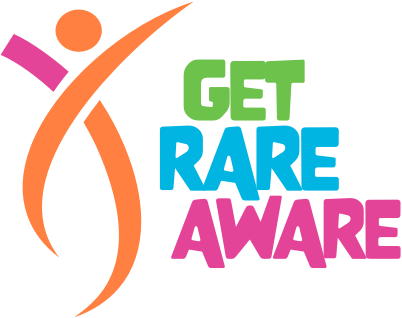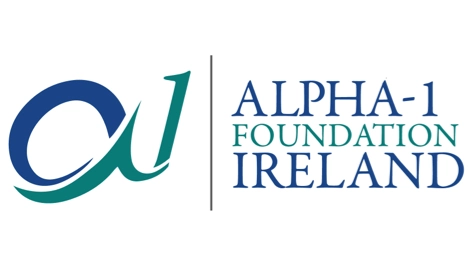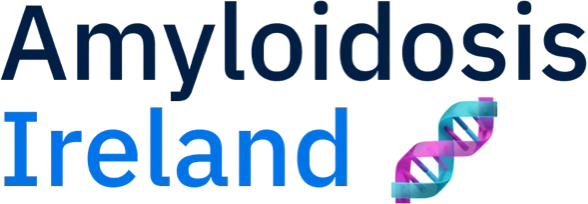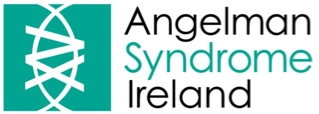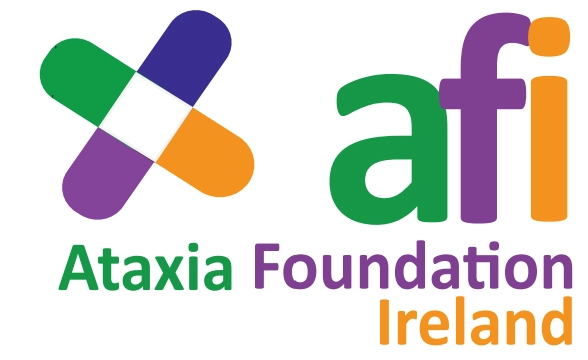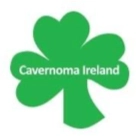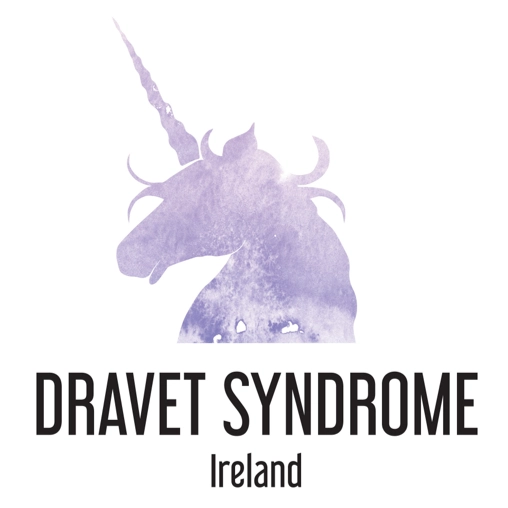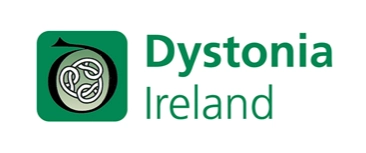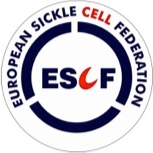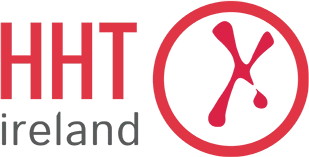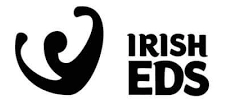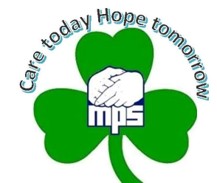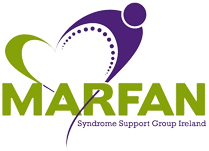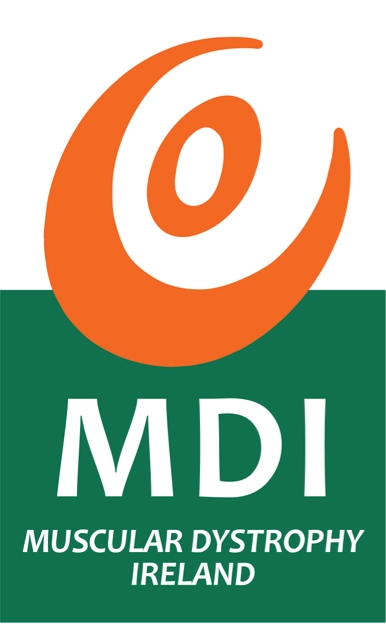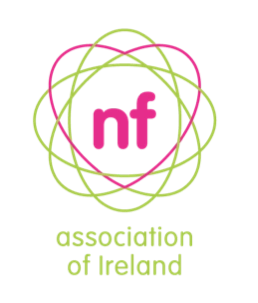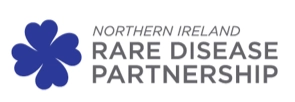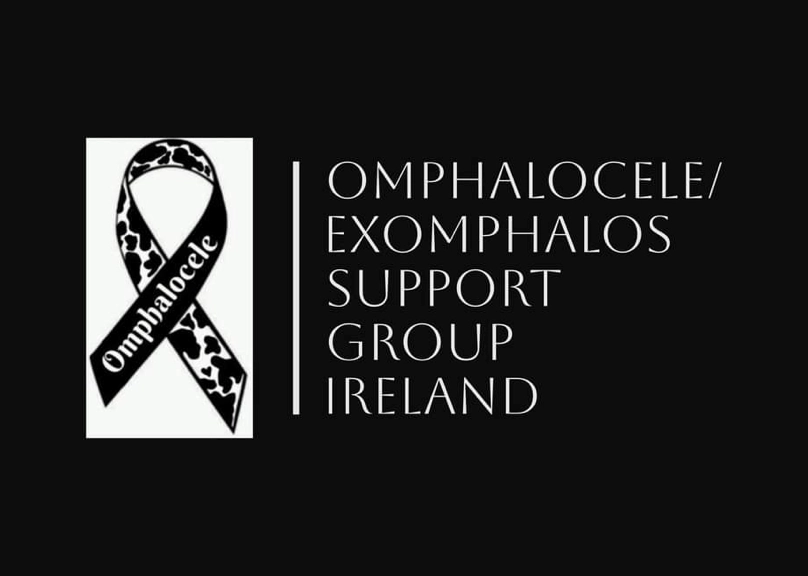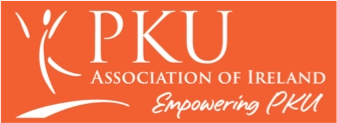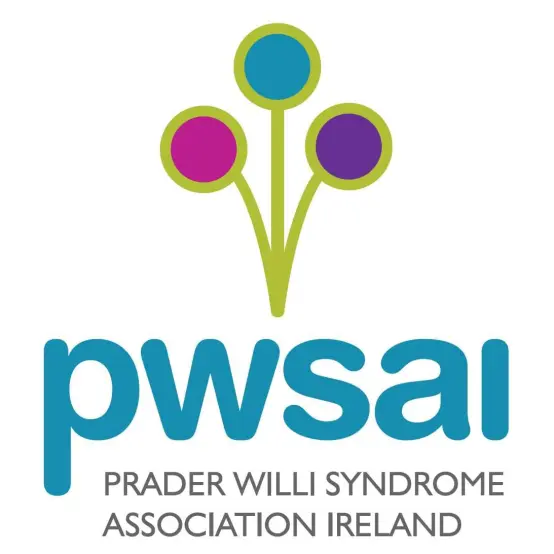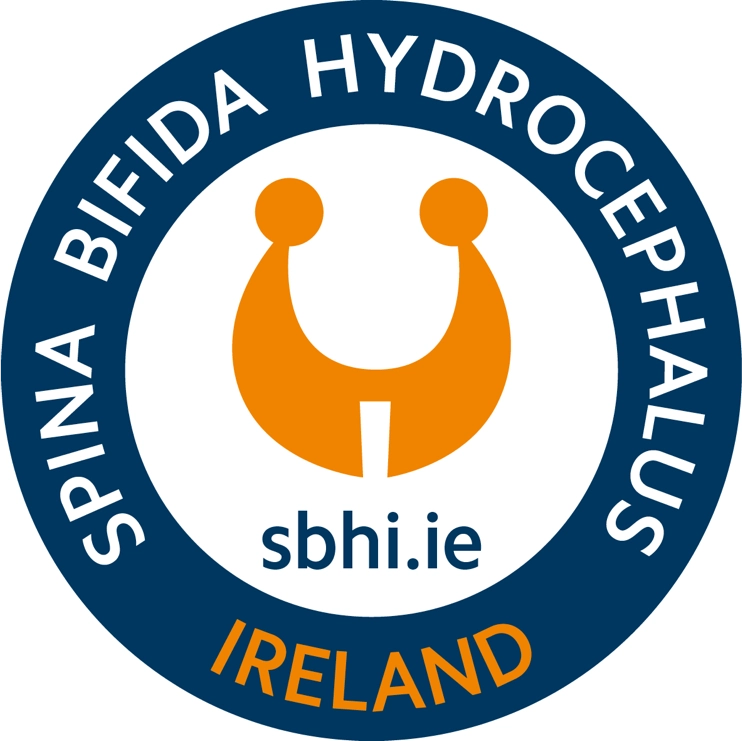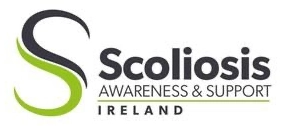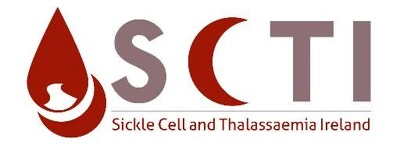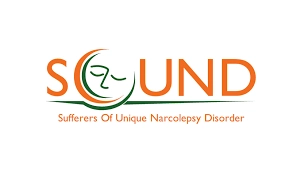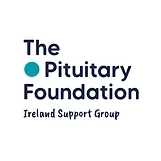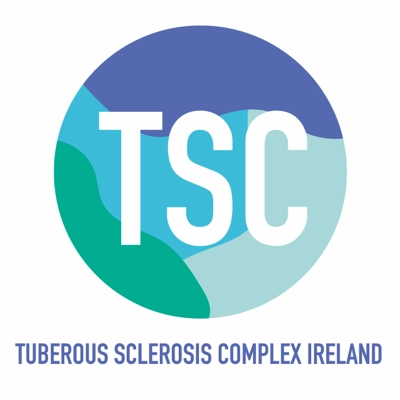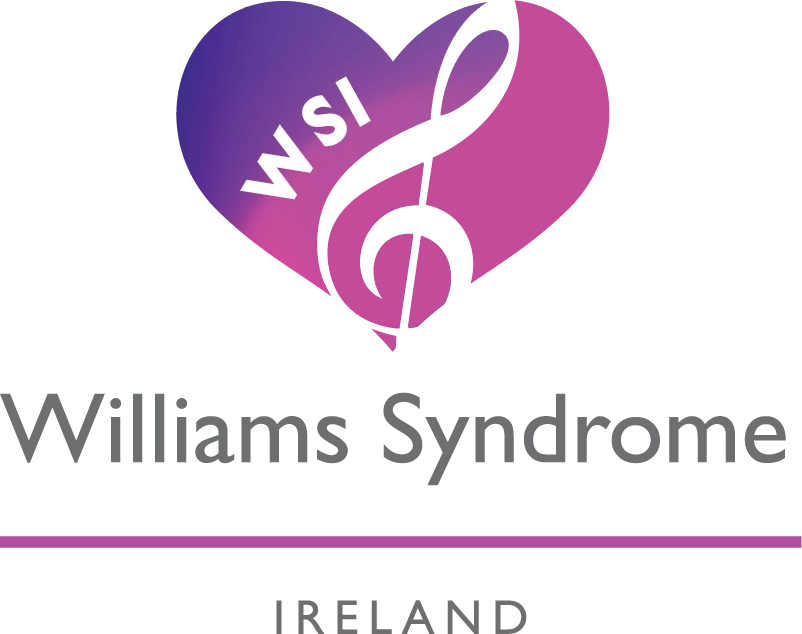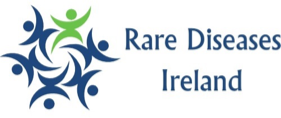Newborn Screening
The HSE National Children’s Screening Program2
The HSE National Children’s Screening Program delivers two population level screening programmes for newborn babies – the National Newborn Bloodspot Screening Program (NNBSP) more commonly known as the heel prick test and the National Universal Newborn Hearing Screening Programme. The key focus of both screening programmes is the early identification of serious medical conditions and implementation of care pathways that deliver interventions to reduce mortality and/or morbidity in our population.
Newborn bloodspot screening involves taking a small sample of blood from a newborn baby’s heel (aka heel-prick) between 72 and 120 hours after birth and placing the blood on a screening card. The screening card is then sent to the National Newborn Bloodspot Screening Laboratory (NNBSL) at Children’s Health Ireland (CHI) Temple Street, where samples are analysed and from where onward care can be organised.
The NNBSP provides a quality assured programme for the following conditions which are listed based on when screening commenced in Ireland:
- 1966 - Phenylketonuria (PKU)
- 1971 - Homocystinuria (HCU)
- 1972 - Classical Galactosaemia (CGAL)
- 1972 - Maple Syrup Urine Disease (MSUD)
- 1979 - Congenital Hypothyroidism (CHT)
- 2011 - Cystic Fibrosis (CF)
- 2018 - Medium Chain Acyl CoA Dehydrogenase Deficiency (MCADD)
- 2018 - Glutaric Aciduria Type 1 (GA1)
- 2022 - Adenosine Deaminase Deficiency Severe Combined Immunodeficiency (ADA-SCID)
Variations in newborn screening across Europe1
Number of diseases screened for at birth
- 30+: Russia, Portugal, Austria, Italy
- 20+: Slovakia, Ukraine, Poland, Hungary, Czech Republic, Estonia, Germany, Finland, Denmark, Norway, Netherlands, Sweden
- 15+: Slovenia
- 10+: Croatia, Lithuania, Belgium, Switzerland, France
- <10: Ireland, Latvia, Bulgaria, Romania, Cyprus, Malta, Greece, Luxembourg, UK, Spain
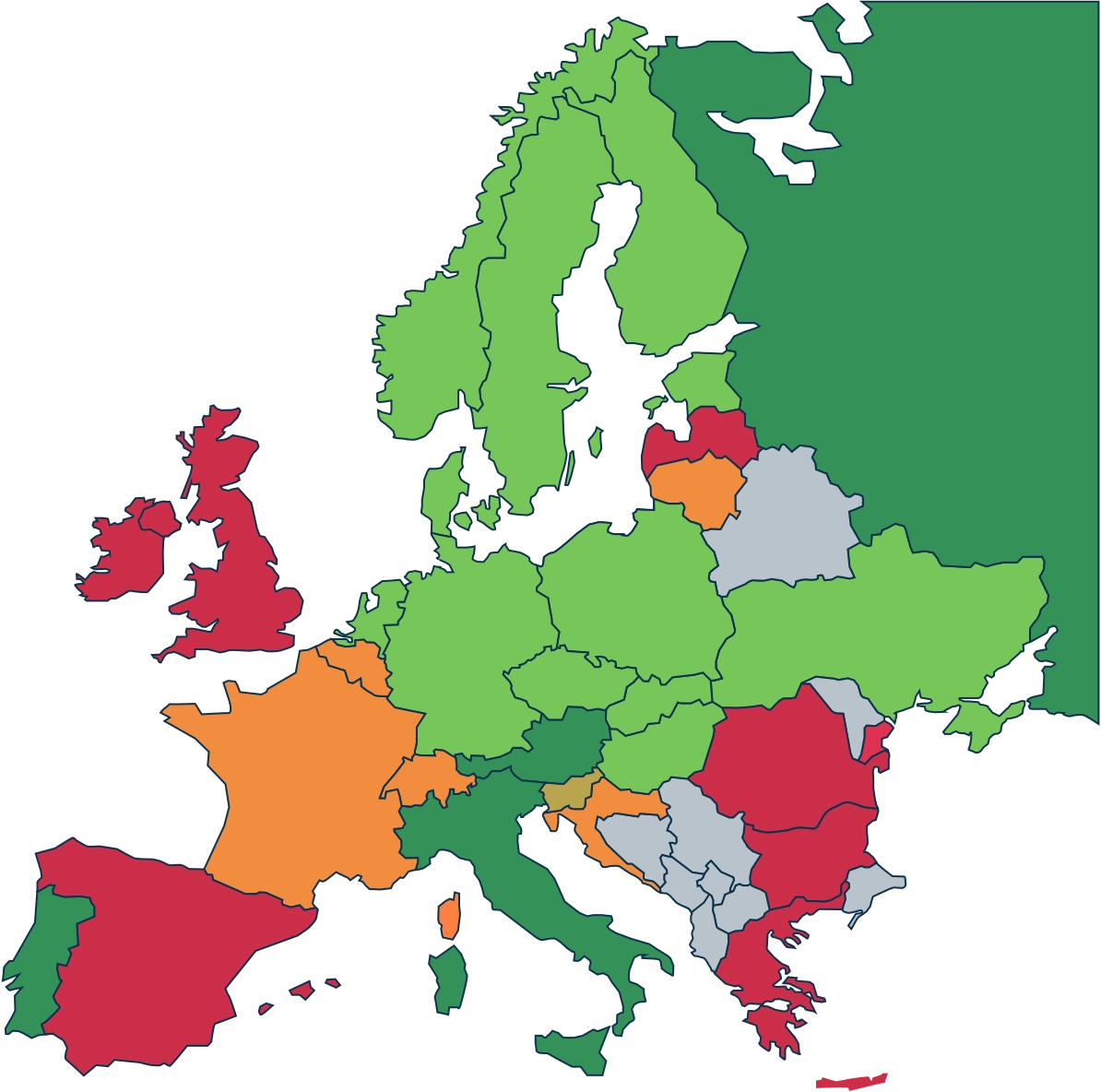
Over the course of 32 years (1979 – 2011) the number of diseases screened for through the NNBSP did not change. It is only in the last 12 years that new diseases have been added to the screening panel. Ireland provides a service which is far below the average of our European counterparts and while the National Screening Advisory Committee (NSAC) was setup in November 2019, an acceleration in the number of diseases screened for is yet to be seen.
A recent report published by Charles River Associates demonstrates just how far behind Ireland is when it comes to newborn screening1. Countries such as Italy (48), Russia (36), Austria (31), and Portugal (30) are routinely screening for 3-4 times more diseases than are screened for in Ireland. By utilising the figures provided in this report it is clear that the average number of tests performed by European countries is 18 and this puts Ireland’s total of 9 tests into stark contrast. It is clear that Irish newborns are currently underserved by the NNBSP and that infants born with rare diseases will be particularly impacted as a result of the potential for delayed diagnosis.
